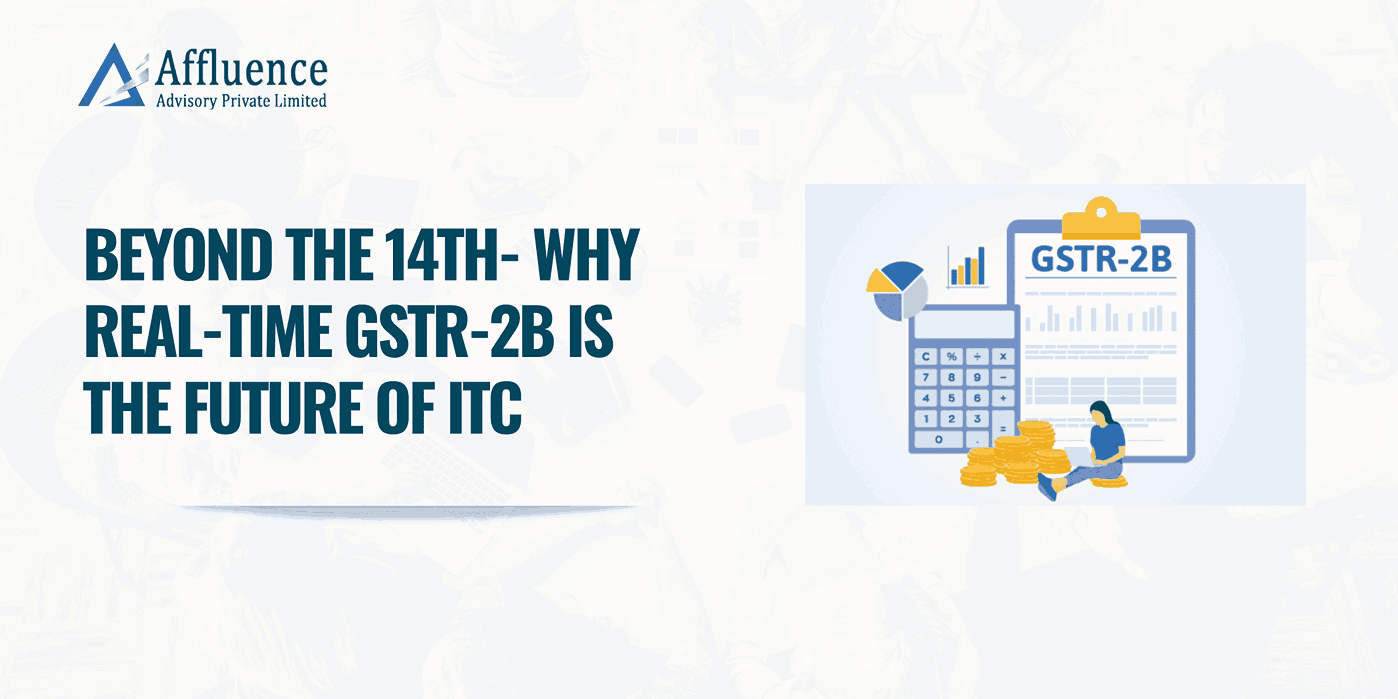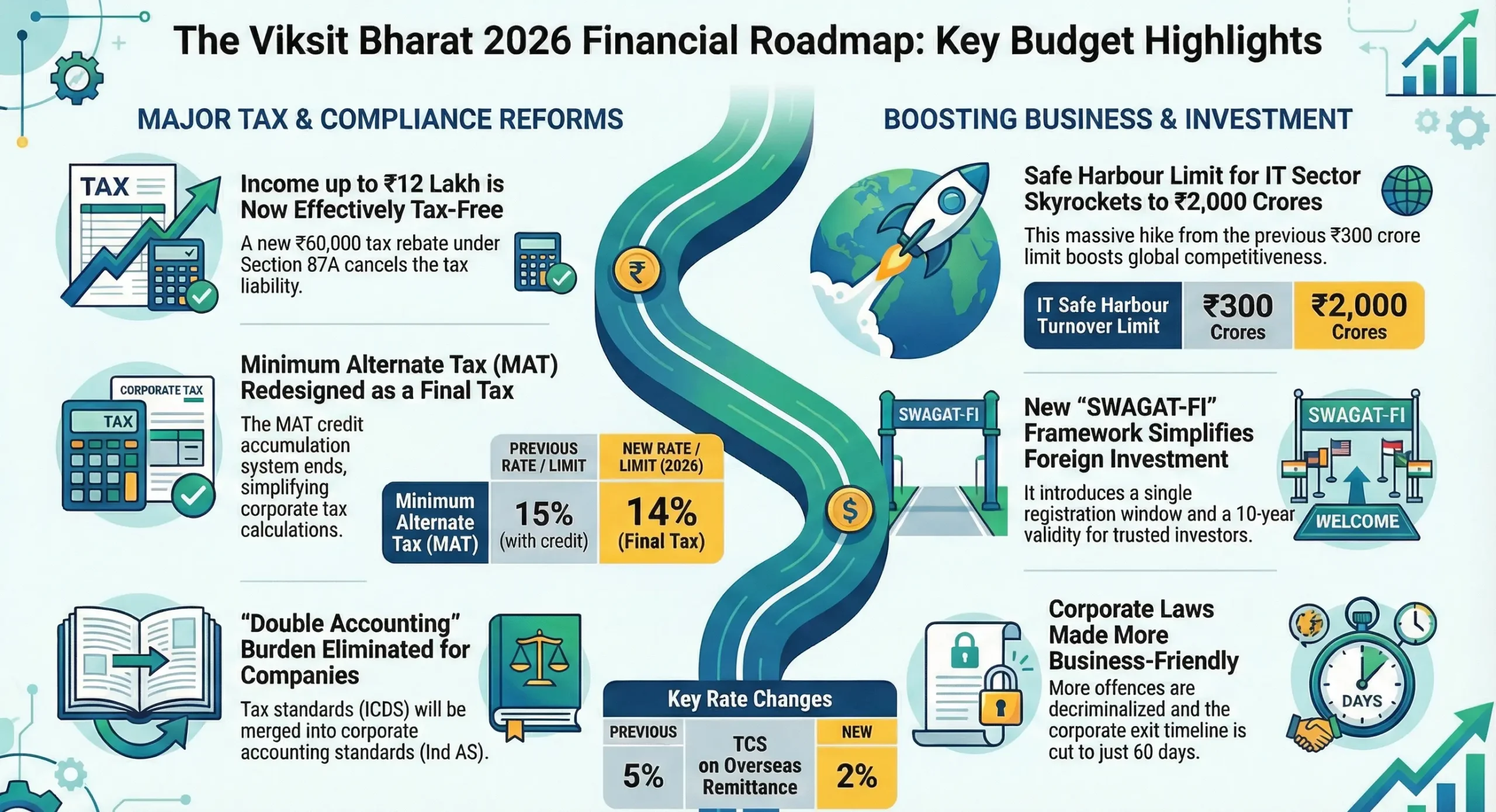Non-compete clauses are frequently incorporated into employment and commercial contracts to safeguard the proprietary interests of businesses, such as confidential information, trade secrets, and client relationships. However, the enforceability of these clauses under Indian law is subject to strict limitations, primarily governed by Section 27 of the Indian Contract Act, 1872.
Non-Compete Clause:
A non-compete clause restricts a party (usually an employee or a business partner) from engaging in activities that directly compete with the business of the other party, for a specific period and within a defined geographical area after the termination of the relationship.
- This restriction is generally limited in scope, duration, and geography, and is typically operative either:
- During the term of a contract (e.g., employment), or
- Post-termination of the relationship.
This article analyses the enforceability of non-compete clauses in India, particularly in the context of employment contracts, focusing on key judicial interpretations including the Supreme Court’s judgment in Niranjan Shankar Golikari v. The Century Spinning and Mfg. Co. Ltd., AIR 1967 SC 1098.
1. Section 27 of the Indian Contract Act, 1872: The Statutory Barrier
“Every agreement by which anyone is restrained from exercising a lawful profession, trade or business of any kind, is to that extent void.”
Section 27 enshrines a general prohibition on contractual restrictions that interfere with a person’s right to carry on a lawful profession or trade. The only statutory exception to this rule is in the case of the sale of goodwill, where reasonable restrictions may be enforced.
Importantly, Indian law does not follow the “rule of reason” adopted in many common law jurisdictions. Thus, a restraint—even if partial or seemingly reasonable—is generally held to be void, particularly in employment contexts after termination of service.
2. Validity During vs. After Employment
Indian courts make a crucial distinction between:
- Restrictions during employment: Valid and enforceable, as the employee owes a duty of fidelity and exclusivity to the employer.
- Restrictions after employment ends: Generally void under Section 27, as they restrain an individual’s right to earn a livelihood.
3. Landmark Judgment for Non-Compete Clause in India
In Niranjan Shankar Golikari v. The Century Spinning and Mfg. Co. Ltd., AIR 1967 SC 1098, the Supreme Court of India upheld the validity of non-compete clauses during the term of employment, stating:
“A restriction operating during the term of the contract of employment when the employee is bound to serve his employer exclusively is not hit by Section 27 of the Contract Act.”
The Court distinguished between permissible restraints during employment and impermissible restraints after termination. It held that a non-compete clause binding an employee only during the term of employment does not fall foul of Section 27. Such in-term restrictions are enforceable to protect the employer’s business interests.
However, the Court also noted that post-termination restrictions are scrutinised more strictly. To restrain an ex-employee from joining a competitor, the employer must establish actual or likely misuse of trade secrets or confidential information, which is a high threshold to meet. In most cases, courts may protect confidential information but not prevent employment with a competing organisation.
4. Exceptions in Commercial Contexts
While employment-related non-compete clauses are mostly unenforceable post-termination, certain commercial arrangements provide limited exceptions:
- Sale of Goodwill: Permitted under the statutory exception in Section 27.
- Partnership Agreements: Reasonable restraints during or post-dissolution may be valid under the Indian Partnership Act, 1932.
- Franchise, JV, or M&A Contracts: Courts may uphold non-compete clauses when parties are of equal bargaining strength and the restriction is reasonable.
These exceptions are narrow and strictly interpreted, requiring a demonstration of reasonableness and necessity.
Disclaimer: This article provides general information existing at the time of preparation and we take no responsibility to update it with the subsequent changes in the law. The article is intended as a news update and Affluence Advisory neither assumes nor accepts any responsibility for any loss arising to any person acting or refraining from acting as a result of any material contained in this article. It is recommended that professional advice be taken based on specific facts and circumstances. This article does not substitute the need to refer to the original pronouncement.
Click here to Download PDF








